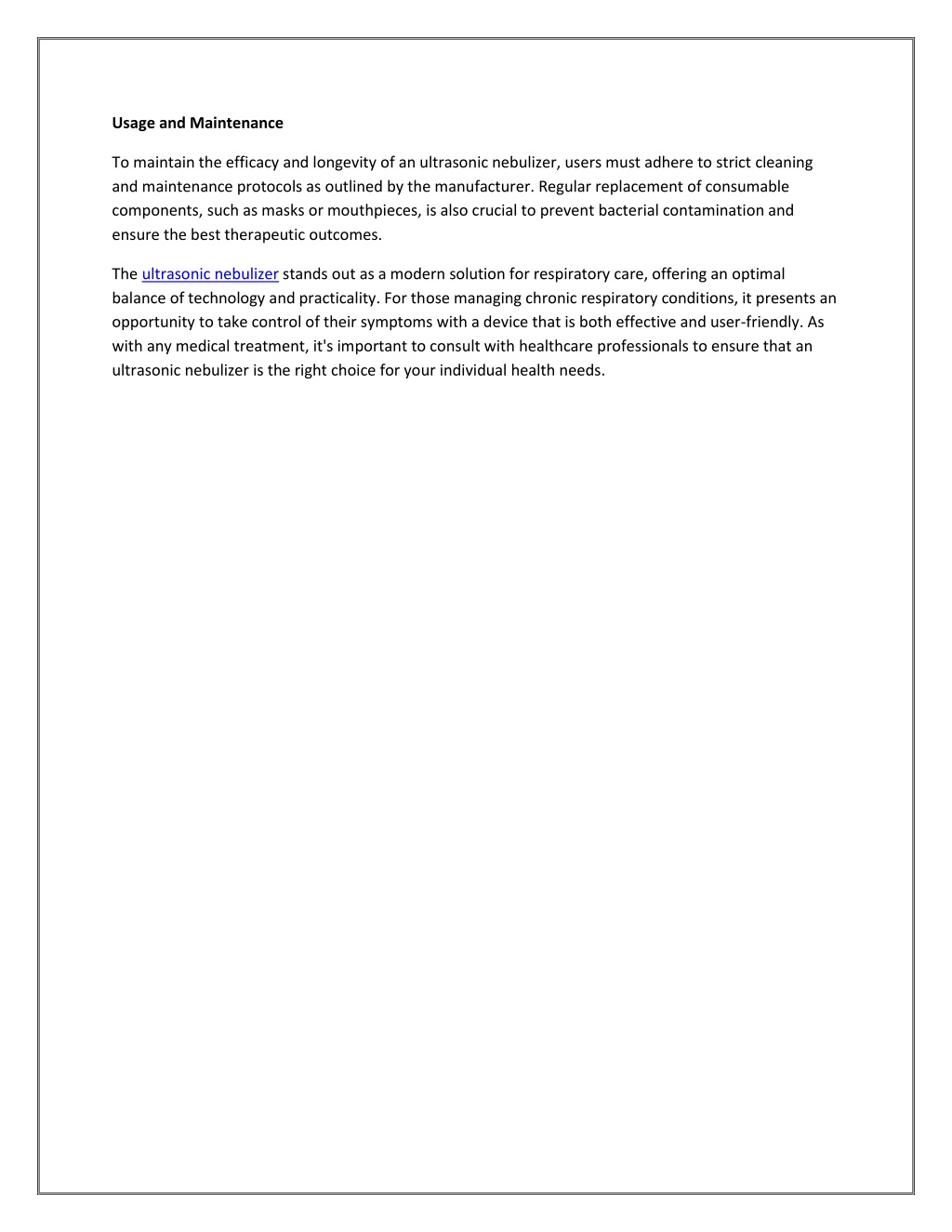Unlocking the Secrets of Myrtle for Respiratory Relief: A Guide for Leaf Seekers
Discovering how to use myrtle for respiratory health is a journey many leaf seekers undertake, often finding solace and relief in this ancient remedy. Members of kratomforum.org frequently discuss natural remedies, and myrtle’s potential benefits for respiratory health are often a topic of conversation. This comprehensive guide will provide practical advice and assistance to help you understand how to use myrtle for respiratory health effectively and safely.
Understanding Myrtle’s Respiratory Benefits
Myrtle, with its fragrant leaves and potent properties, has been used for centuries to address various respiratory ailments. How to use myrtle for respiratory health is a question with many answers, depending on the specific condition and individual needs. Its effectiveness stems from the presence of compounds like cineole, which possesses expectorant and anti-inflammatory properties. These properties can be beneficial in alleviating symptoms associated with coughs, bronchitis, and other respiratory issues. Learning how to use myrtle for respiratory health correctly is crucial to maximizing its potential benefits.
Myrtle Tea: A Simple and Effective Remedy
One of the most common methods of using myrtle for respiratory health is through tea. The preparation is straightforward: simply steep a handful of fresh or dried myrtle leaves in hot water for about 10-15 minutes. The resulting tea can be consumed several times a day to help soothe irritated airways and loosen phlegm. Remember to consult with a healthcare professional before using myrtle, especially if you have pre-existing health conditions. Understanding how to use myrtle for respiratory health safely is paramount.
Myrtle Essential Oil: Aromatherapy for Respiratory Comfort
Myrtle essential oil offers another avenue for addressing respiratory problems. Its potent aroma, rich in cineole, can be inhaled directly or diffused into the air using an aromatherapy diffuser. Inhalation can help clear congested airways and provide relief from coughs and breathing difficulties. However, caution should be exercised, as essential oils should never be ingested. Always dilute myrtle essential oil before topical application and follow the manufacturer’s instructions carefully. This is another key aspect of knowing how to use myrtle for respiratory health appropriately.
Myrtle Inhalation: Direct Relief for Congestion
For direct respiratory relief, myrtle inhalation can be highly effective. Add a few drops of myrtle essential oil to a bowl of hot water, drape a towel over your head, and inhale the steam for several minutes. The steam helps to open up the airways and loosen phlegm, providing immediate relief from congestion. However, be mindful of the temperature of the steam to avoid burns. Proper techniques for how to use myrtle for respiratory health are essential to avoid any adverse effects.
Precautions and Considerations When Using Myrtle

While myrtle offers numerous potential benefits for respiratory health, it’s crucial to use it responsibly. Always consult with a healthcare professional before using myrtle, especially if you are pregnant, breastfeeding, or taking other medications. Some individuals may experience allergic reactions to myrtle, so it’s essential to start with a small amount and monitor for any adverse effects. Understanding how to use myrtle for respiratory health responsibly is crucial for your safety and well-being.
Potential Interactions and Side Effects
Myrtle may interact with certain medications, so it’s essential to inform your doctor about your use of myrtle supplements or essential oils. Potential side effects may include allergic reactions like skin rashes or digestive upset. Always use myrtle in moderation and discontinue use if you experience any adverse effects. Mastering how to use myrtle for respiratory health includes being aware of potential interactions and side effects.
Sourcing High-Quality Myrtle
The quality of myrtle can significantly impact its effectiveness. Opt for organic, sustainably sourced myrtle whenever possible. Ensure the myrtle you purchase is free from pesticides and other harmful chemicals. Knowing where to source high-quality myrtle is a critical part of learning how to use myrtle for respiratory health effectively.

Combining Myrtle with Other Respiratory Remedies
Myrtle can be combined with other natural respiratory remedies for enhanced effectiveness. For example, combining myrtle tea with honey can soothe a sore throat and provide additional relief from coughs. Similarly, using myrtle essential oil in conjunction with other aromatherapy oils, such as eucalyptus or peppermint, can create a synergistic effect, enhancing the overall respiratory benefits. Exploring how to use myrtle for respiratory health effectively often involves integrating it with other complementary remedies.
A Holistic Approach to Respiratory Wellness
Employing a holistic approach to respiratory health is often the most effective strategy. This involves not just using natural remedies like myrtle, but also adopting healthy lifestyle habits. These include getting enough rest, staying hydrated, eating a balanced diet, and exercising regularly. These lifestyle choices can significantly support the body’s natural healing processes and enhance the effectiveness of any natural remedies. This broader perspective is integral to understanding how to use myrtle for respiratory health comprehensively.
Further Research and Consultation

While this guide provides valuable information on how to use myrtle for respiratory health, it’s not a substitute for professional medical advice. Always consult with a qualified healthcare professional before starting any new treatment, especially if you have a pre-existing medical condition. Further research into the scientific literature on myrtle’s properties can provide additional insights and enhance your understanding of its potential benefits. Remember, responsible and informed use is key to maximizing the advantages of how to use myrtle for respiratory health.
Listening to Your Body
Ultimately, the best way to determine how to use myrtle for respiratory health is by listening to your body. Pay attention to how your body responds to myrtle and adjust your usage accordingly. If you experience any adverse effects, discontinue use and consult with a healthcare professional. This personalized approach is vital in navigating the world of natural remedies. How to use myrtle for respiratory health is a personal journey, and finding the right approach requires careful observation and self-awareness.
How to use myrtle for respiratory health is a subject that requires careful consideration, encompassing various methods and precautions. From simple teas to essential oil inhalation, the versatility of myrtle offers leaf seekers a range of options. However, remember that responsible usage, informed decision-making, and consultation with healthcare professionals are vital for harnessing the potential benefits of this ancient remedy. How to use myrtle for respiratory health should always be approached with a balanced perspective, combining natural remedies with a commitment to overall wellness. How to use myrtle for respiratory health is a journey of discovery, requiring patience, observation, and a commitment to your wellbeing. How to use myrtle for respiratory health involves a personalized approach, adapting techniques to individual needs and sensitivities. The information provided here aims to empower leaf seekers with knowledge, not replace professional medical guidance. How to use myrtle for respiratory health effectively requires understanding its properties, limitations, and potential interactions. Always prioritize safety and responsible usage when exploring how to use myrtle for respiratory health. How to use myrtle for respiratory health is a topic best approached with a blend of research, personal experimentation, and professional consultation. Remember, your health is paramount.
Conclusion: Understanding how to use myrtle for respiratory health requires a multifaceted approach. While myrtle offers promising potential benefits, responsible use, informed decision-making, and consultation with healthcare professionals are crucial for safe and effective application. Always prioritize your well-being and consult your doctor before incorporating myrtle into your respiratory health regimen.
Tags: Myrtle Respiratory Health, Natural Respiratory Remedies, Myrtle Essential Oil, Myrtle Tea, Respiratory Wellness

